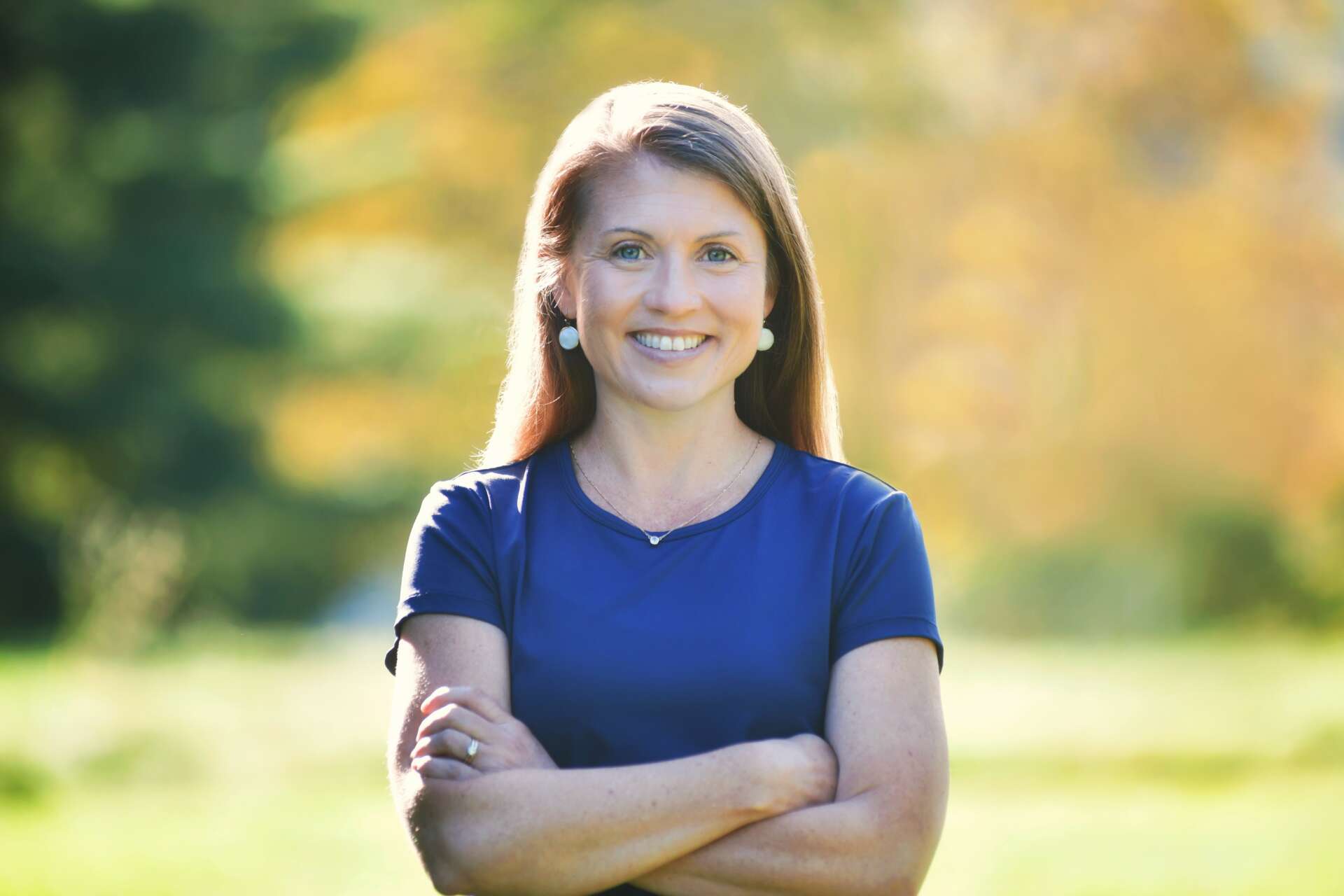Alright – so today we’ve got the honor of introducing you to Amy Julia Becker. We think you’ll enjoy our conversation, we’ve shared it below.
Amy Julia, looking forward to hearing all of your stories today. Can you talk to us about a project that’s meant a lot to you?
My book White Picket Fences felt particularly meaningful because I didn’t mean to write it. I had written two previous books. I thought I was going to write a third book about the experience of reading out loud to our children. I researched E.B. White and Beverly Cleary and other authors. I wrote chapter after chapter about my own childhood experiences with reading, about my time as a parent, about our daughter with Down syndrome learning how to read. But the pages never coalesced.
I received a fellowship for a 10-day memoir writing workshop, and while I was there I realized that I had been writing the wrong book all along. Over the course of that week, I kept returning to themes related to my own social advantages as a married, white, able-bodied, educated, affluent woman with married parents. My experience of reading as a child and as an adult reflected the social privilege I had, and those chapters eventually took a very different shape and became a book called White Picket Fences: Turning Toward Love in a World Divided by Privilege.
Even once I realized I wanted to write an entirely different book, it was a struggle to put together a proposal, find a publishing house, and write the book. I wanted to invite readers who are skittish around topics of race and justice to consider whether there is a way to respond to our divisions with hope and healing instead of anger or despair. I remember two years after it was published, I received an email from an older white man in Richmond, Virginia. He wanted me to know that White Picket Fences had completely changed the way he viewed the racial divisions in his city and his response to the removal of Confederate monuments. Those responses—which came from across the nation and around the globe—only underscored that the struggle to get my thoughts on paper was worth it.


Amy Julia, love having you share your insights with us. Before we ask you more questions, maybe you can take a moment to introduce yourself to our readers who might have missed our earlier conversations?
The birth of our daughter Penny, who has Down syndrome, was an invitation to understand myself, God, and the world in different and more expansive terms. All of my work comes out of that experience, so I write, speak, and teach about considering what it means to be human through the lens of faith, culture, and disability. I endeavor to share personal stories as a way to connect to larger themes of what matters in life.
If I am doing my job well, I will challenge modern assumptions about what makes a good life, proclaim the belovedness of every human being, and help people envision a world in which everyone belongs.
I am most proud of helping others see the value inherent within the lives of people with Down syndrome and other marginalized groups. I love making stories from the Bible accessible to people who have never read them before. And I want people to know that meaning, purpose, and relationships that emerge out of love are possible.


Are there any resources you wish you knew about earlier in your creative journey?
I only recently employed an executive coach to help me hone in on mission, vision, values, and goals. He has also insisted that I become more clear on financial goals and that I measure the things that matter most to me. For example, I have said that one goal is to build an engaged audience who want to go deeper, so he suggested keeping a document with every email, DM, text, etc. that demonstrates thoughtful engagement with my work.
It feels as though it took a lot longer than it should have for me to recognize the need to get some outside help in understanding who I am as a writer, and what I need, and how to set about accomplishing it. I wish I had looked for someone with his expertise earlier.


Is there a particular goal or mission driving your creative journey?
On a big-picture level, I am driven by a belief that love powers the universe, and I get to invite people to participate more fully and deeply in that love. On a smaller scale, the experience of having a child with Down syndrome deeply affected my own understanding of what it means to be people who are valuable and beloved simply because we are, not because of what we achieve or how we perform. My mission is to invite others to understand their own invitation into love and to live out of that place.


Contact Info:
- Website: https://amyjuliabecker.com/
- Instagram: https://www.instagram.com/amyjuliabecker/
- Facebook: https://www.facebook.com/amyjuliabeckerwriter
- Linkedin: https://www.linkedin.com/in/amyjuliabecker/
- Twitter: https://twitter.com/amyjuliabecker
- Youtube: https://www.youtube.com/channel/UC1ZPghEVP22LdjW3bUgOCzw
Image Credits
Phil Dutton Christopher Capozziello


